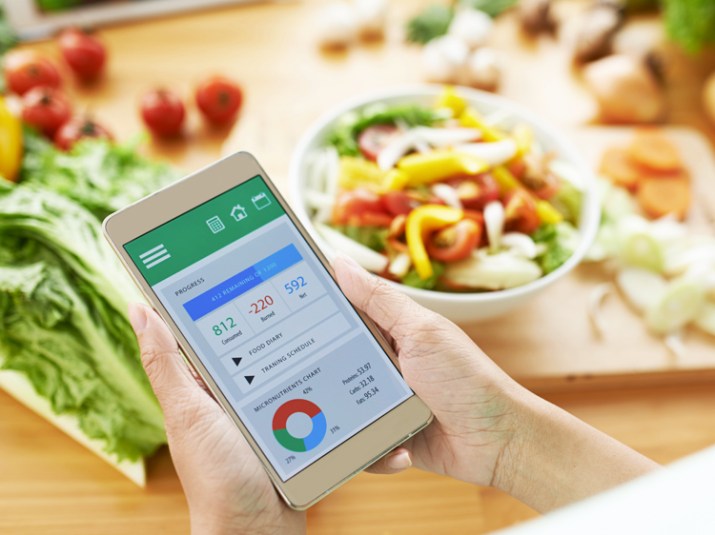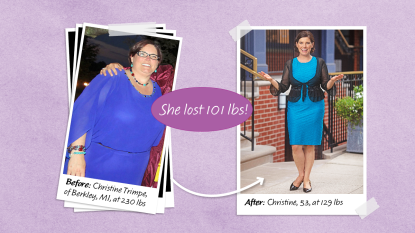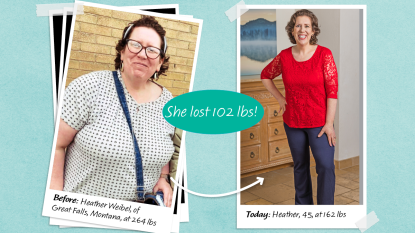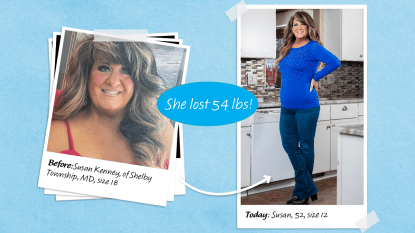Tracking Your Food Leads to Weight Loss, Study Suggests — Here’s How to Do It Right

If you’re trying to shed pounds without following a diet, you might consider signing up for a weight-loss app instead. Recent research shows that tracking your food for weight loss can help you bust that gut — if you do it correctly.
The February 2019 study published in the scientific journal JMIR mHealth and uHealth divided 105 adults into three groups. Group one tracked what they ate every day for three months; group two tracked their weight for a month and then started tracking food intake for the following months as they received feedback and nutrition lessons through email; and group three recorded their weight and what they ate every day for all three months while receiving feedback and lessons all along the way. It’s worth mentioning that none of the groups were instructed to follow a diet but instead to follow general healthy eating advice. In terms of a tracking strategy, this study used the popular app MyFitnessPal.
By the time three months had passed, results showed that participants in all three groups had lost “clinically significant” amounts of weight. But it was group three — the one that tracked both weight and food intake all three months — that lost the most weight, at just over six pounds on average. Furthermore, that group was also the one that kept the weight off the longest; after six months had passed, they had actually lost nearly seven pounds on average.
“Free and low-cost weight loss apps have changed the ways that Americans manage their weight,” said study co-author Gary Bennett, PhD, in a press release. “However, we knew little about whether these tools worked very well on their own. We’ve shown that commercial smartphone apps can be a helpful way to get started with weight loss.”
Experts think weight-loss apps like MyFitnessPal may be helpful to folks who don’t have time for high-intensity interventions. That said, it’s worth keeping in mind that simply downloading an app does not guarantee weight-loss success; researchers stressed that compliance was incredibly important.
Among all three of the groups, the folks who lost the most weight were the ones who were the most consistent about tracking their food intake every day. Researchers think that receiving in-app reminders to log meals each day along with specific calorie goals to hit helped these people stay on track, literally.
“We have very strong evidence that consistent tracking — particularly of diet, but also one’s weight — is an essential element of successful weight loss,” said Dr. Bennett. “Consumers should look for apps that make it easy for them to track on a consistent basis.”
We all know weight loss is tough, so anything to make it easier is music to our ears!
More From FIRST
10 Low-Carb Dinners That Are Full of Flavor
The Volumetrics Diet Helps You Lose Weight By Dividing Food Into 4 Groups
How the Gabriel Method Helped Me Shed 30 Pounds — And Become Best Friends With My Body













